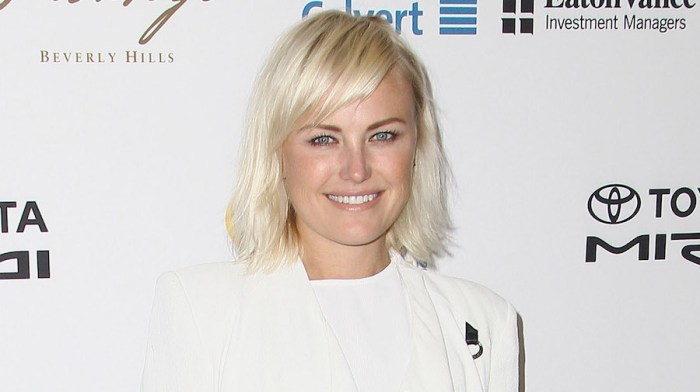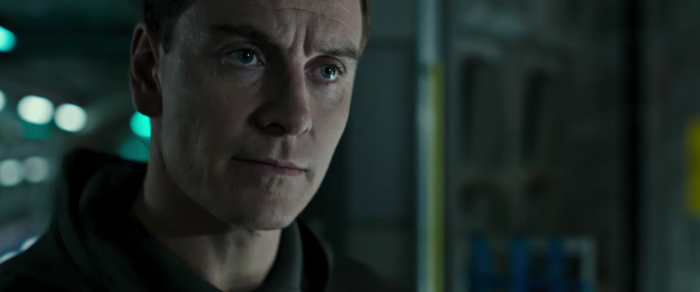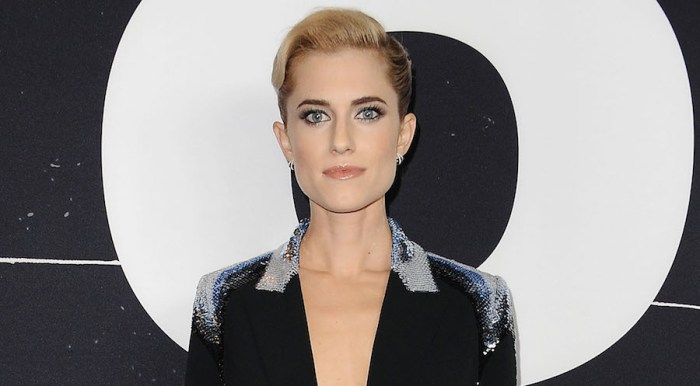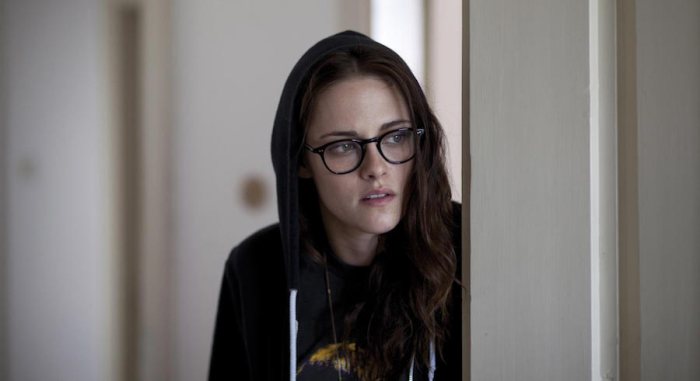There are scores of failed franchises, but how often does it happen mid-story? Trying to build a series out of a character like Iron Man or, less successfully, Jonah Hex is one thing, but an even bigger gamble is when you’re trying to start a story that has future chapters. What if “The Fellowship of the Ring” had been a major bomb and the remaining two installments, despite having been filmed simultaneously, had been left to rot on a hard drive? What if “The Hunger Games” had tanked and it forever ended on a cliffhanger? What if the first “Star Wars” wound up merely ending with the baddies defeated and our heroes getting medals. Well, such things have happened, time and again. Here are some cases of failed franchises that ended mid-stride, almost mid-sentence — stories that will remain forever untold, at least on film.
RELATED: Review: “The Hunger Games: Mockingjay — Part 2” is so, so, so, so grim ‘The Golden Compass’ (2007)
Philip Pullman’s beloved “His Dark Materials” books were the author’s secular answer to C.S. Lewis’ Narnia series. (More on that in a bit.) As it happens, that materialism — Pullman is a very vocal atheist — is what got the movies in trouble. At first fans of the book thought that the big budgeted film of the first book would sand down its anticlericalism, particularly its depiction of villains clearly modeled on the Catholic Church. Then, even when the filmmakers did sand that down, it was attacked by members of the “Catholic League,” which is really just one sweaty guy, William A. Donohue, with good connections who goes on TV and rants and rails and calls for boycotts on things like “Dogma” and “Angels & Demons.” Sometimes his censorship works, and sometimes it doesn’t. But for “Compass,” his campaign was a big hit: audiences largely stayed away, and only readers will know what happens to plucky, daemon-accompanied Lyra after film’s end. Luckily, a BBC TV version is in the works. The Narnia films (2005-2010)
Actually, a fourth film from C.S. Lewis’ series, presumably “The Silver Chair,” is being worked on, but it might never see the light of day. That’s because, after the successful movie of the opener, “The Lion, the Witch and the Wardrobe,” the series tumbled at the box office, audiences losing interest in the wan “Prince Caspian” and then not returning for the jauntier “The Voyage of the Dawn Treader.” Like “The Golden Compass,” they too had their original intentions diluted, going light on the religiosity of Lewis’ works, though it did introduce the term “Jesus lion,” as per the Liam Neeson-voiced Aslan, into the culture, so it wasn’t a total waste. ‘The Bible: In the Beginning…’ (1966)
Talk about abandoning a franchise right from the start. John Huston’s epic, with the director as both Noah and the voice of God, only got most of the way through the Book of Genesis, banging out Adam and Eve, Cain and Abel and the story of Abraham (a haunted George C. Scott). It made some cash, but not enough to warrant more trips through the Old Testament, as was originally intended. Decades later others realized the holy book would be a better fit for TV, birthing the “Bible” miniserieses, which still raced through events that weren’t about J.C. ‘Remo Williams: The Adventure Begins’ (1985)
Technically a film series on the ass-kicking hero of “The Destroyer” books would have been more like the Bond movies: a series of adventures without a continuing narrative. But the movie, starring matinee idol Fred Ward and helmed by an actual Bond director, Guy Hamilton (“Goldfinger”), had the cojones to put the words “The Adventure Begins” in the title, which effectively took the form of a kick-me sign when the movie proved a major bomb. ‘I am Number Four’ (2011)
There are plenty of failed YA franchises (remember “The Host,” with the very talented Saoirse Ronan?), but one of the first to fail as movies in the wake of “Twilight” was from a book series that was still young (and is only now, seven books in, about to end). Written by disgraced memoirist James Frey under a pseudonym, it hatched an elaborate universe of young stud aliens who assimilate into Earth’s high schools and do battles with horrible monsters from other worlds. The movie was overproduced and sappy, and luckily we were spared six more. ‘Hitchhiker’s Guide to the Galaxy’ (2005)
Hollywood spent decades trying to turn Douglas Adams’ creation — first a radio show, then books, a computer game, a not-bad miniseries, and more — into a blockbuster movie film. But the tone and the dense structure, filled with asides and little details, were always difficult to lock down, in part because dry English humor is not often understood by those with the riches required to what fund was essentially an effects-heavy sci-fi film. When “Hitchhikers” made it to theaters, it was supremely compromised, pleasing neither fans nor non-nerd audiences, despite such can’t-lose bits like Martin Freeman as befuddled, robe-clad Earthling Arthur Dent and Alan Rickman as depresso droid Marvin. One serious bone to pick, of many: Making Trillian (Zooey Deschanel) a mere token love interest for Arthur. ‘Jem and the Holograms’ (2015)
Mainstream cinema is almost entirely devoured by franchises, but they all have to start somewhere. And by starting somewhere, we mean they can’t simply be a fun romp that eases us into a world, like the relatively modest “Dr. No.” Everything must be an origin story, even if that means only the sequel will feature the things that drew people to the franchises in the first place. The latest victim to this is the movie of the cartoon “Jem,” Hasbro’s girl-aimed answer to “G.I. Joe,” which created a new backstory for its all-girl band and didn’t even get to the holograms until the final moments. Its powerful failure at the box office, scoring one of the worst openings in film history, makes its confidence in future installments all the more sad, especially given it has one of those bumpers setting up characters, in this case rival band The Misfits, that we’ll never see again. ‘Master and Commander: The Far Side of the World’ (2003)
This is a bit of a cheat, as there’s not really a continuing story here. Patrick O’Brian’s nautical book series, about a 19th century ship lorded over by manly Captain Jack Aubrey, is one of those about disconnected adventures, not a single sprawling narrative. There’s no real cliffhanger at the end of the movie, which even smashes up events from a few books. And yet it’s such a good film — one of the all-time great sea movies, really — that its failure to launch after an only modest success was a real heartbreaker. Perhaps there’s a dimension in the multiverse where everyone went nuts for director Peter Weir’s realistic depiction of seafaring — just the sound of creaking wood is thrilling alone — and for the bickering relationship between Aubrey (a never more charismatic Russell Crowe) and ship naturalist Dr. Maturin (Paul Bettany). Bonus: The failed franchise that completed its story anyway:‘Atlas Shrugged’ (2011-2014)
Despite being a 1200-page doorstop with a lot of dumb ideas, Ayn Rand’s “Atlas Shrugged” sang a siren song to Hollywood makers since its publication. At one point it was even to star Angelina Jolie and Brad Pitt. Instead it wound up being independently produced on the relative cheap. The first of three parts went into production with the hopes that its inspirational messages of selfishness and poor-hating would make enough money to fuel its more ambitious future chapters. Then the free market rejected the first. The producers soldiered on anyway, with the second cobbled together with a new cast and even less money. When that failed even more, the third chapter featured an even newer cast plus an even more, let’s say, exclusive budget, which necessitated things like using low res stock footage and actors leaving from and arriving at the same airport. Sadly, most movie audiences never wanted to learn who this John Galt fellow was. (Spoiler: He’s an asshole.) Follow Matt Prigge on Twitter @mattprigge
8 film franchises that died in the middle of the story
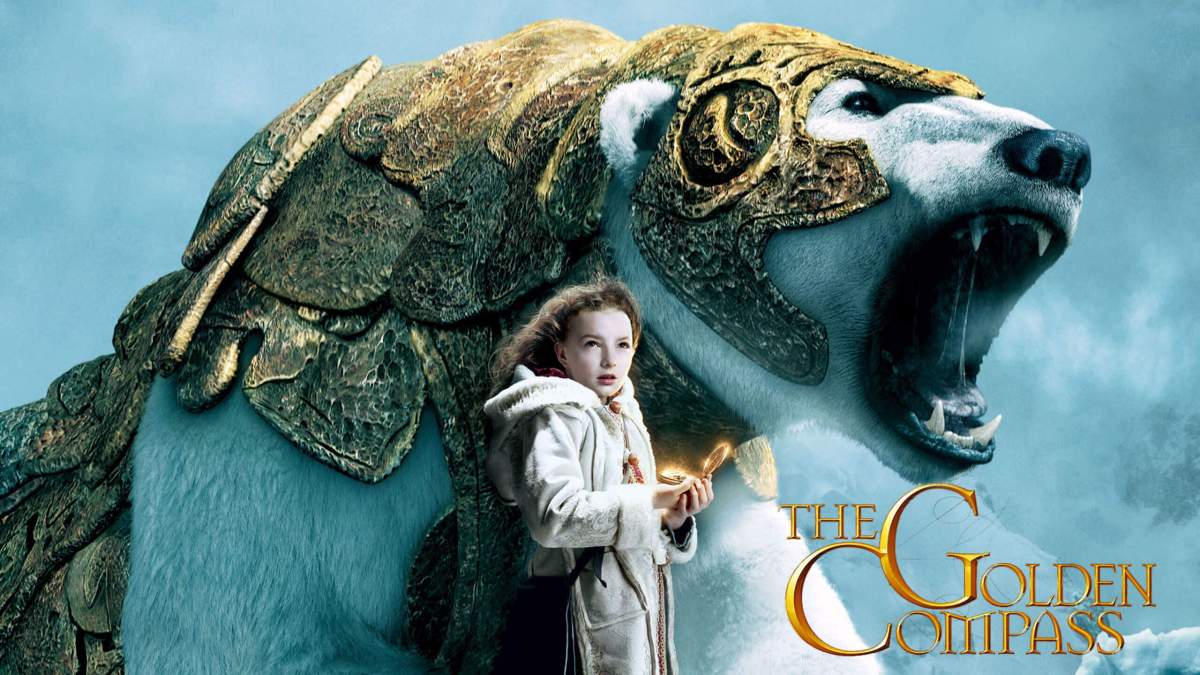
Provided











